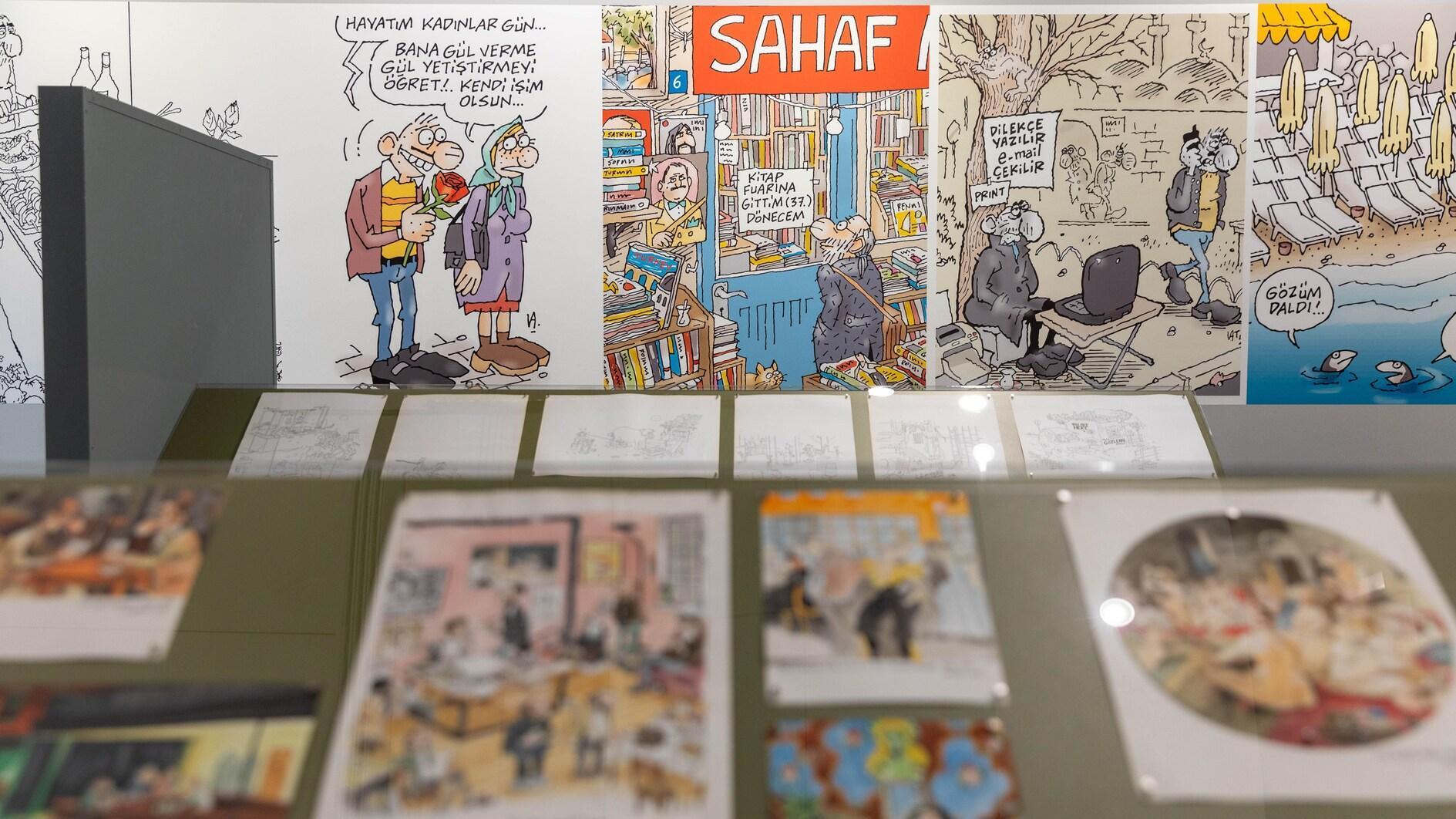Turkey, Russia to prioritize military dialogue over Syria
It has all happened in less than a week. The Kremlin disclosed a letter signed by President Recep Tayyip Erdoğan to President Vladimir Putin on June 27 which was followed by a phone exchange between the two on June 29. Turkey and Russia announced that they were opening a new page in ties with reports that Erdoğan and Putin would meet in early September in China on the sidelines of the G-20 Summit, if not in August in Sochi.
The countries’ foreign ministers, Mevlüt Çavuşoğlu and Sergei Lavrov, held their first face-to-face meeting in months in Sochi on July 1 on the occasion of a regional summit. Positive messages followed one another in their separate meetings with the press as they underlined that a road map is being crafted for the resumption of bilateral economic, trade and energy cooperation.
Turkish and Russian authorities will soon engage in intense dialogue to this end, Çavuşoğlu reportedly said after his meeting with Lavrov. As seen, there seems not to be much problem in terms of either side’s willingness to repair bilateral relations and to make a new beginning to further improve them.
However, building a closer approach on international issues of concern to both countries would likely take some more time and energy. Syria and Crimea are among the top issues in that category, with the former still posing high risks for the sustainability of Ankara-Moscow ties.
Speaking to the Russian media in Sochi, Lavrov said he hoped for discussions between the Russian and Turkish military on Syria with an emphasis on a joint campaign against the terror threat posed by the Islamic State of Iraq and the Levant (ISIL), especially after the deadly attack at Istanbul’s international airport.
The will for dialogue is there, but there are still huge differences between the two parties over Syria in comparison to the period before the downing of a Russian warplane by the Turkish Air Force on Nov 24, 2015.
Turkey has been strongly lashing out at Russian military for conducting aerial attacks on civilians and Free Syrian Army (FSA) positions in northern Aleppo and beyond, expressing its anger through frequent condemnations. Russia, on the other hand, has long accused Turkey of allowing jihadist terrorists to use its territory and even lodged complaints at the U.N. Security Council.
Moreover, the Russian military still controls a good portion of Syria’s airspace and continues its attacks to support Bashar al-Assad’s army’s advance to the north at the expense of creating more mess and casualties.
As a matter of fact, the Turkish Air Force cannot fly over Syria to take part in the coalition’s operations against ISIL around Raqqa and Manbij that would ultimately help seal the Turkish-Syrian border by pushing all ISIL elements to the south. The suspension of the Turkish military’s flights was just a measure taken to avoid unwanted accidents that would deepen the crisis between the two countries.
Lavrov’s hope for a military dialogue was also shared by Çavuşoğlu, who recalled that there were security and intelligence mechanisms between the two sides although there were a number of disagreements.
“Providing coordination and cooperation between the security forces of Turkey and Russia is important to avoid the occurrence of accidents and unnecessary developments. Re-establishing this dialogue is also important for the future of Syria,” Çavuşoğlu told reporters in Sochi.
These remarks and willingness from both sides to establish an efficient and healthy dialogue over Syria show that both parties still consider Syria the weakest point in terms of repairing and improving bilateral ties. A military dialogue that would eliminate all potential sources of misunderstandings and accidents seems to be the priority between Turkey and Russia.











